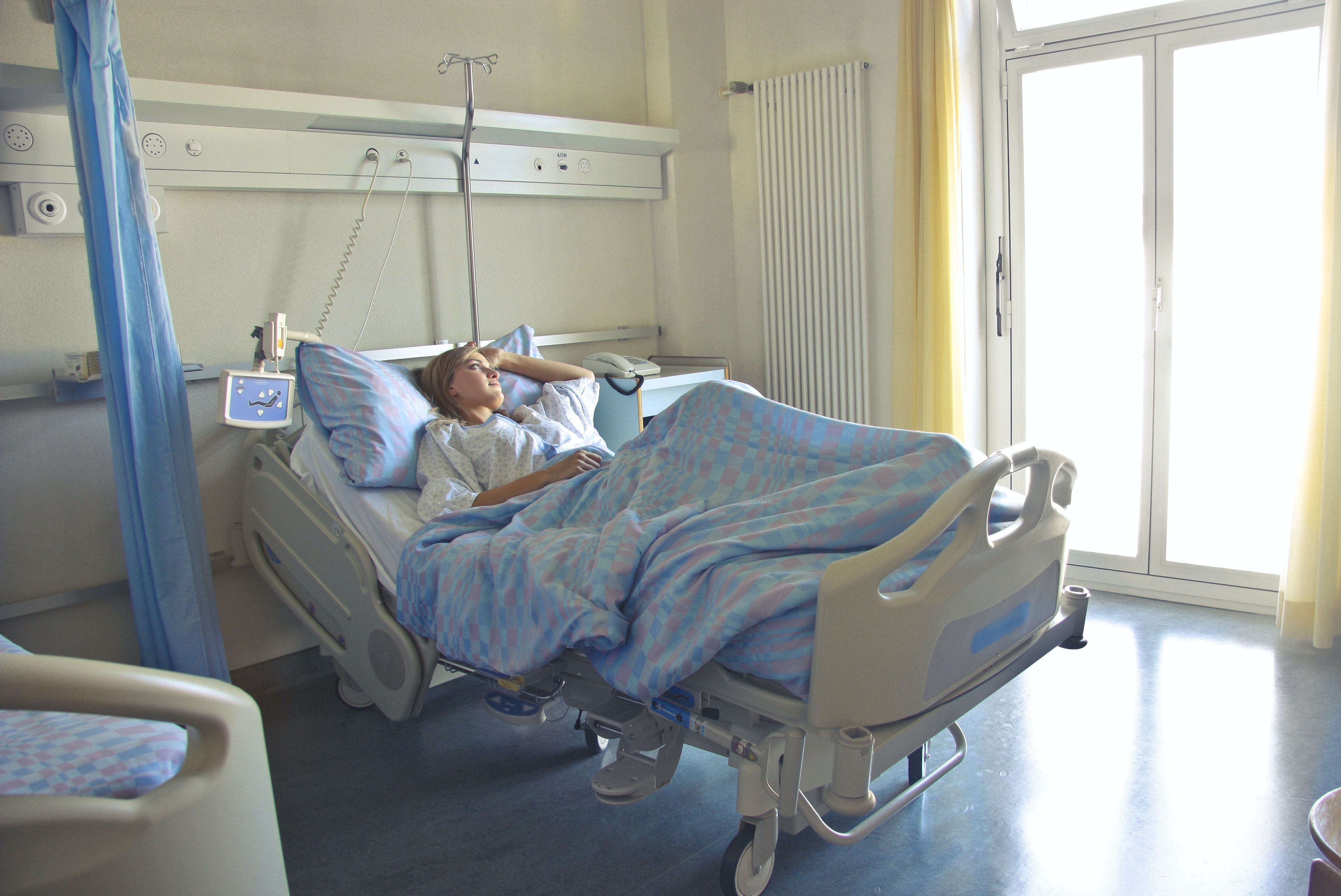Article
Antimitochondrial Antibody Presence Common in Patients With Autoimmune Hepatitis
Author(s):
Patients with autoimmune hepatitis who were positive for antimitochondrial antibodies and evidence of non-specific bile duct injury had a higher risk of progressing to cirrhosis.
Credit: Andrea Piacquadio / Pexels

A new analysis shows patients with autoimmune hepatitis who are antimitochondrial antibody-positive are common, but it remains only clinically significant when there is a non-specific bile duct injury.1
A team, led by Nikolaos K. Gatselis, Department of Medicine and Research Laboratory of Internal Medicine, National Expertise Center of Greece in Autoimmune Liver Diseases, General University Hospital of Larissa, assessed the prevalence and significance of antimitochondrial antibodies in patients with autoimmune hepatitis.
Antimitochondrial Antibodies
Antimitochondrial antibodies are specific markers that help clinicians diagnose primary biliary cholangitis. However, they also can be occasionally identified in patients with autoimmune hepatitis.
Antimitochondrial antibodies are detected in approximately 90-95% of patients with primary biliary cholangitis.
“Regarding their significance in [autoimmune hepatitis], most of the studies indicate that [antimitochondrial antibodies] simply represent a bystander phenomenon without any obvious clinical significance,” the authors wrote. “However, the limitations of short follow-up, infrequent sequential histologic examination and the small numbers of patients included may have led to the abovementioned inconclusive results.”
The Study
In the large, multicenter, cohort study, the investigators examined 123 antimitochondrial antibody positive patients with autoimmune hepatitis, as well as 711 age-matched antimitochondrial-negative patients with autoimmune hepatitis and 69 patients with autoimmune hepatitis/primary biliary cholangitis variant, which accounts for about 10% of patients.
The results show antimitochondrial antibodies were present in 5.1% of patients with autoimmune hepatitis but was largely associated with female sex (P = 0.031).
However, the same was not found for liver biochemistry, bile duct injury on liver biopsies, disease severity at baseline, and response to treatment compared to antimitochondrial antibody-negative patients with autoimmune hepatitis.
There were also no differences fund in disease severity between antimitochondrial antibody-positive patients with autoimmune hepatitis and patients with autoimmune hepatitis/primary biliary cholangitis and patients with autoimmune hepatitis/primary biliary cholangitis variant were characterized by the presence of at least 1 feature of bile duct damage (P <0.001).
All groups had a similar response to immunosuppressive therapy.
In addition, patients with autoimmune hepatitis who were positive for antimitochondrial antibodies and evidence of non-specific bile duct injury had a higher risk of progressing to cirrhosis (hazards ratio [HR], 4.314; 95% confidence interval [CI], 2.348-7.928; P <0.001).
During the follow-up period, the investigators found antimitochondrial antibody-positive patients with autoimmune hepatitis had a higher risk of developing histological bile duct injury (HR, 4.654; 95% CI, 1.829-11.840; P = 0.001) compared to the other 2 groups.
“[Antimitochondrial antibody] presence is relatively common among [autoimmune hepatitis-patients, but their clinical significance seems important only when they co-exist with non-specific bile duct injury at the histological level,” the authors wrote. “Therefore, a careful evaluation of liver biopsy seems of utmost importance in these patients.”
References:
Gatselis, N. K., Zachou, K., Loza, A. J., Cançado, E. L., Arinaga-Hino, T., Muratori, P., Efe, C., Floreani, A., Invernizzi, P., Takahashi, A., Takaki, A., Beretta-Piccoli, B. T., van Hoek, B., Lytvyak, E., Guedes, L. V., Purnak, T., Cazzagon, N., Lygoura, V., Arvaniti, P., … Dalekos, G. N. (2023). Prevalence and significance of antimitochondrial antibodies in autoimmune hepatitis (AIH): Results from a large multicentre study of the international AIH Group. European Journal of Internal Medicine. https://doi.org/10.1016/j.ejim.2023.06.001





